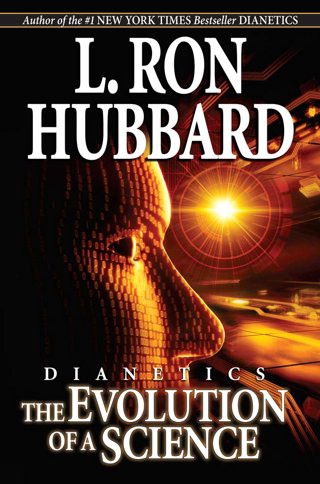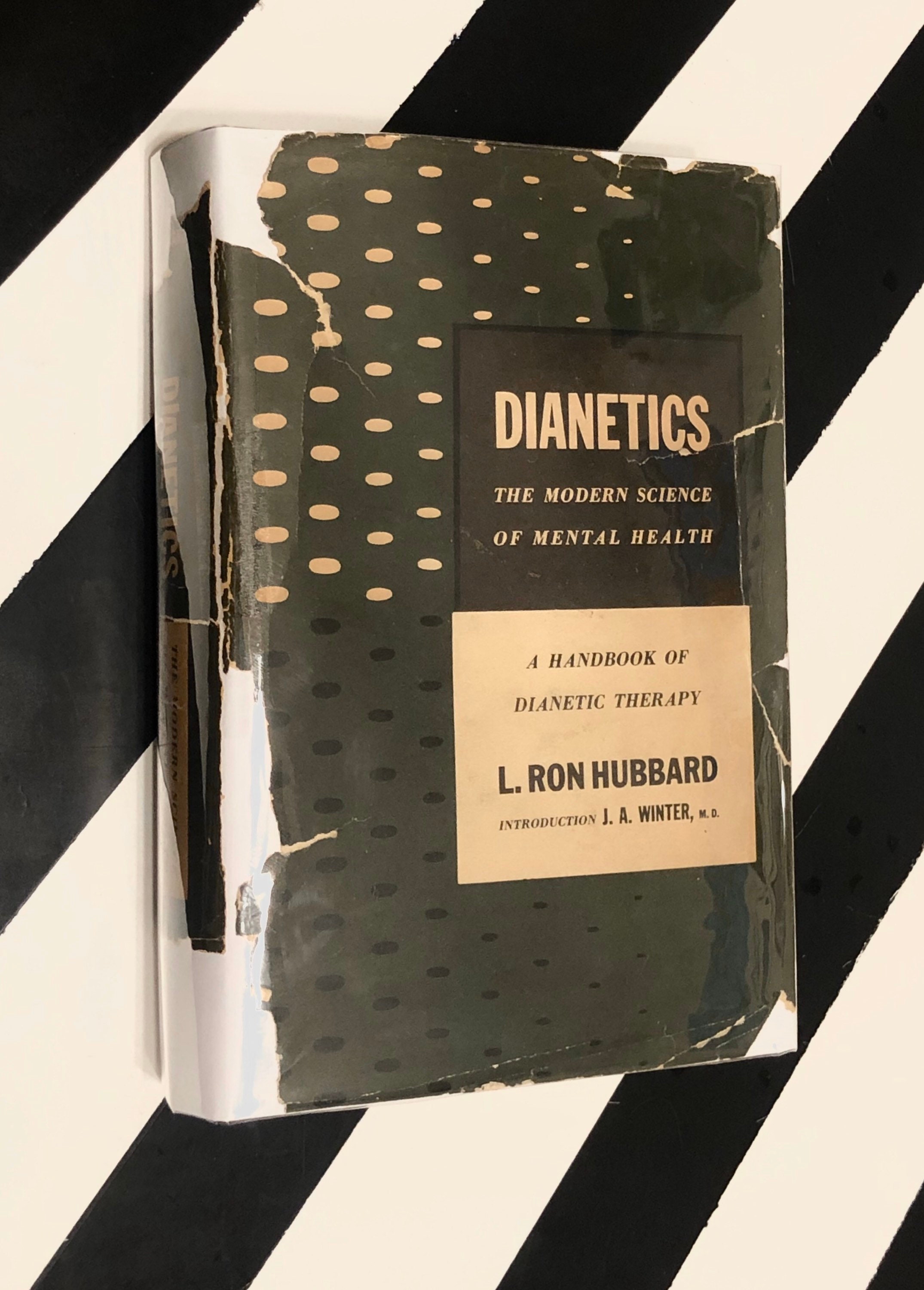The Ultimate Guide To Dianetics
Table of ContentsThe 8-Minute Rule for DianeticsThe 9-Second Trick For DianeticsThe Best Strategy To Use For DianeticsThe 2-Minute Rule for Dianetics
I could not ever not want to obtain anything that enters your mind for you- if it was otherwise, I would not be resting here with you, doing this. I not just might never have a trouble, or otherwise wish to listen to something that comes to mind for you, yet I'm totally eager to recognize every idea, every idea, every picture or feeling that arises or materializes for you- do not ever think or else, and if for some reason you do, please simply let me recognize! Occasionally, you may have an idea, and picture, concept or event turn up that does not appear to answer the concern, or relate to it, however nevertheless, always do inform me about it, and as we continue, the relevance will certainly emerge for you.This is intrinsic in the basis of processing, and the topic of this discussion: the fundamental roles of the counselor and the client: The fundamental duty of the counselor is, unlike "conventional training", not to control, which indicates to apply and/or prevent, yet to instead work from the basis of EMPOWERING THE CUSTOMER.

The Ultimate Guide To Dianetics
John Mcmasters expressed this fundamental fact wonderfully well in one of his talks on Power handling, wherein he discusses just how he was asked what this "unique knack" was that he had for providing such fantastic sessions; he had to think of that for a moment, and detected that it was what he had not been doing, as well as what he was doing: he wasn't examining, evaluating, computing, or actually, creating any kind of ideas, not to mention verbal expressions, after providing the command and while awaiting the computer to finish their answer to their fulfillment; he was, merely and just, existing with the PC, and completely interested.
The duty of the therapist, showed; that was his "unique flair". I have actually had my own experience which instructed me this well, extremely at an early stage in the game. In 1982, having recently finished my training and teaching fellowship on New Age Dianetics, I was running this on a PC, and there was a point in the session where (being a bit damp behind the ears not yet having lots of hours under my belt as an expert auditor) the PC look at here seemed to be "taking too lengthy" to reveal anything verbally after I gave him a command.
This secret transformed out to be one of the most important contribution that John ever before made to the topic of therapy or auditing (Dianetics). In my modest viewpoint, it is the best contribution that any person has actually ever made to these subjectsthe application is completely non-judgemental, non-evaluative, and empty of any type of idea, guidance or opinion.no preconditioned program for people, or 'degrees' that they need to do
In Scientology we prided ourselves on not evaluating for individuals. All that really meant was that the auditor did not VERBALLY review for the Computer in session.
The 8-Minute Rule for Dianetics

Anyone who had actually ever seen John audit might not help however see a distinct top quality in his auditing."The client's standard Check This Out role is to be there with the function of relocating in the direction of their spiritual goals, and to openly and fully express and experience whatever materializes for them in answering the concerns and implementing the instructions in the handling.
This is something to procedure as required. Likewise, people frequently have prior experience and/or indoctrination in auditing/processing which, in some methods, and to some degrees, really misdirects them into attitudes, ideas and behavior patterns that avoid the full awareness of these functions, and so they will have a tendency to prevent the expressing of what comes to mind, as in the examples provided above - Dianetics. * The first, and possibly foremost examples of mis-indoctrination leading to less than completely smooth and reliable sessions, can be located in particular facets of the training regimens, or "TR's":"TR's" are commonly an individual's very first, or at least early, experience in Scientology, and while I will go on to explain what I view as the imperfections in principle and method, nonetheless, have a tendency to be significantly therapeutic, done as they are given (Hubbard insists that "TR's are not refining, they are educating", however factually, they are both processing AND training)
Alan Walter made comparable observations, and enhanced these with his "Visibility Processes". There is no "flunking", and no rejection of the reality of this being processing. The focus, as it should be, gets on experiencing the various other person's visibility. All the indications which get a "flunk" in doing "TR-0" are merely the being's efforts to stand up to the other individual's existence, and instead of being harassed and nagged with "Flunk", which enforces "failing!" on the being, one just requires to be urged to "stick their feet in the water a little much deeper", to progressively refurbish their capacity and desire to fully share and experience "being below", or "existence", with others.
7 Easy Facts About Dianetics Shown
